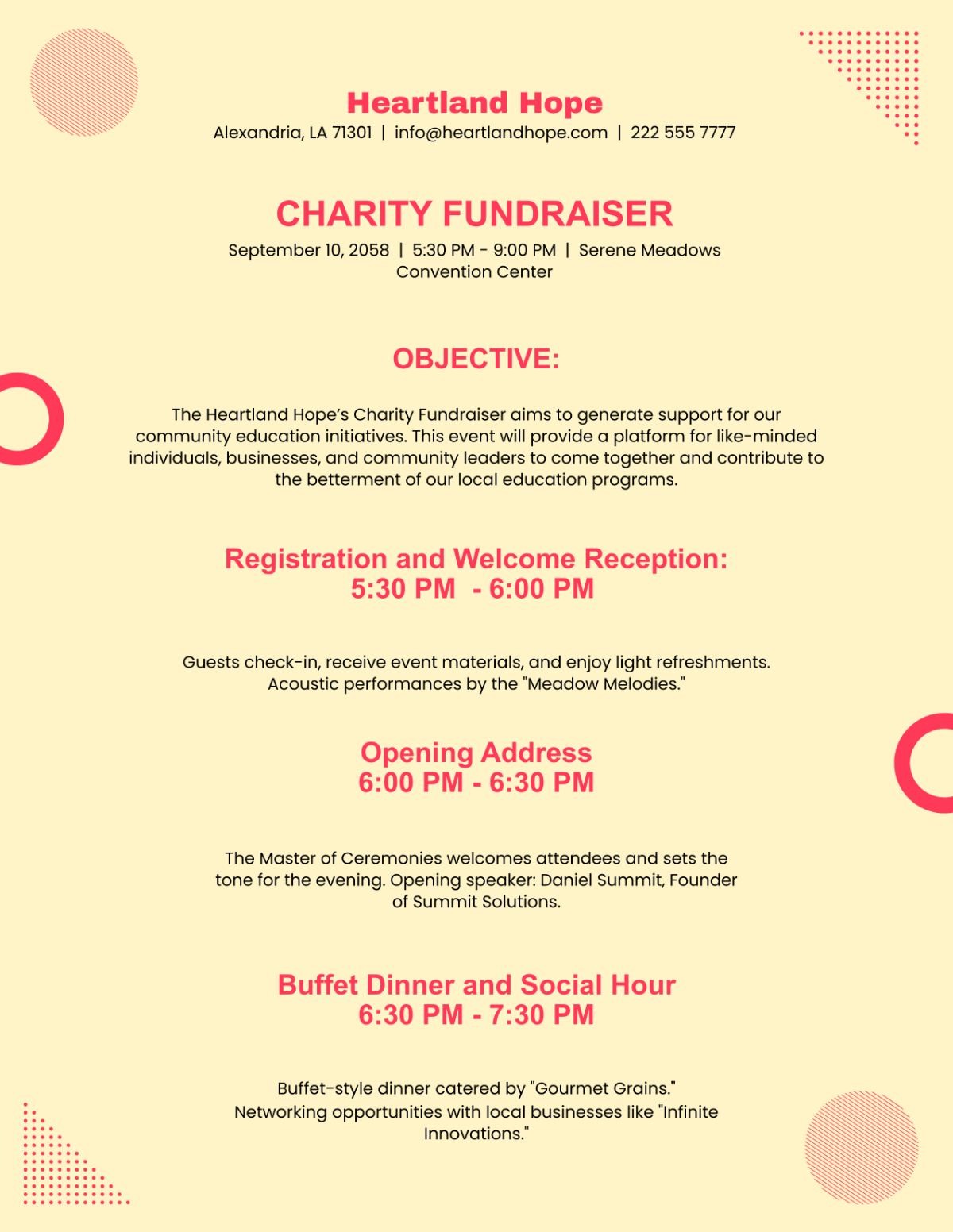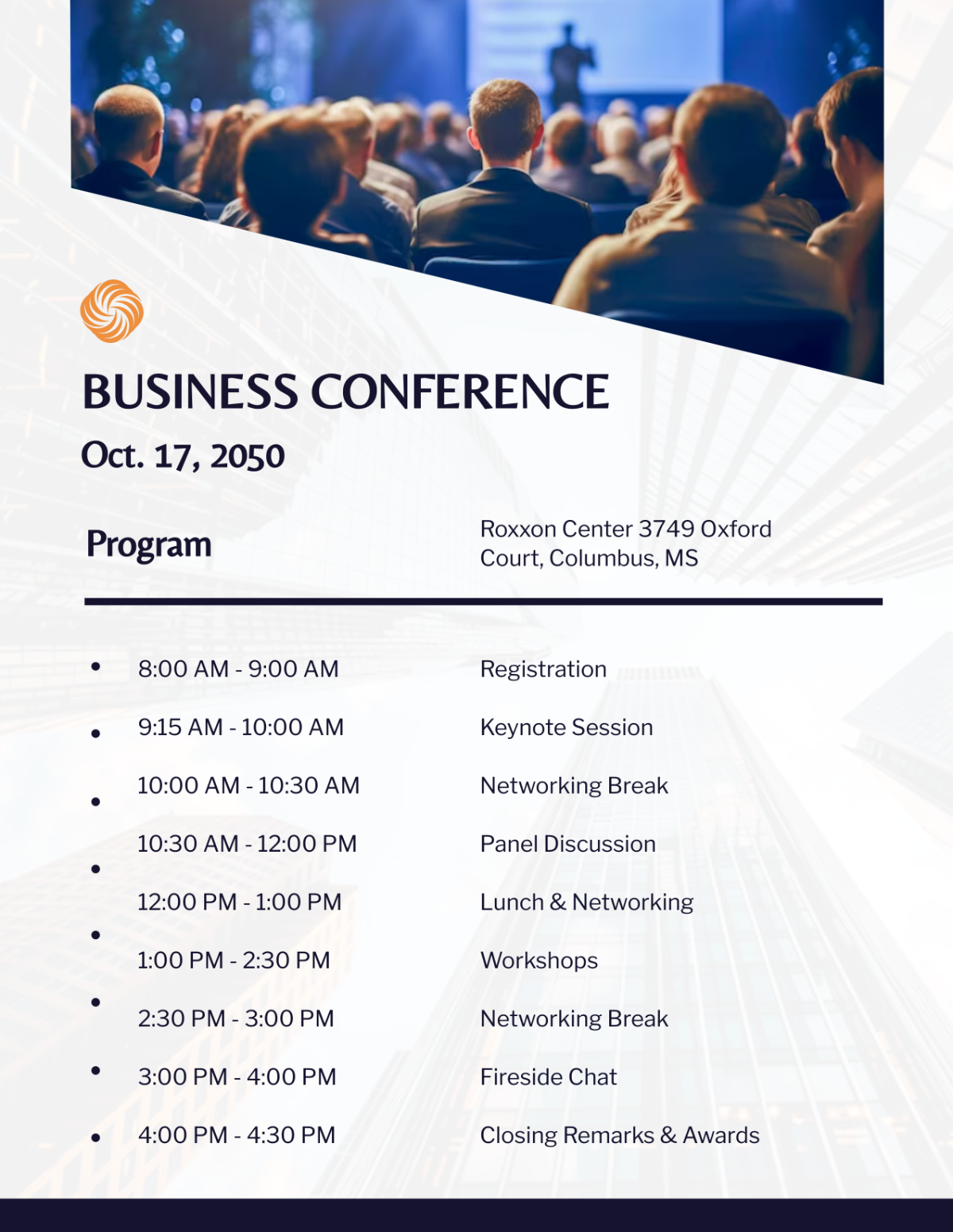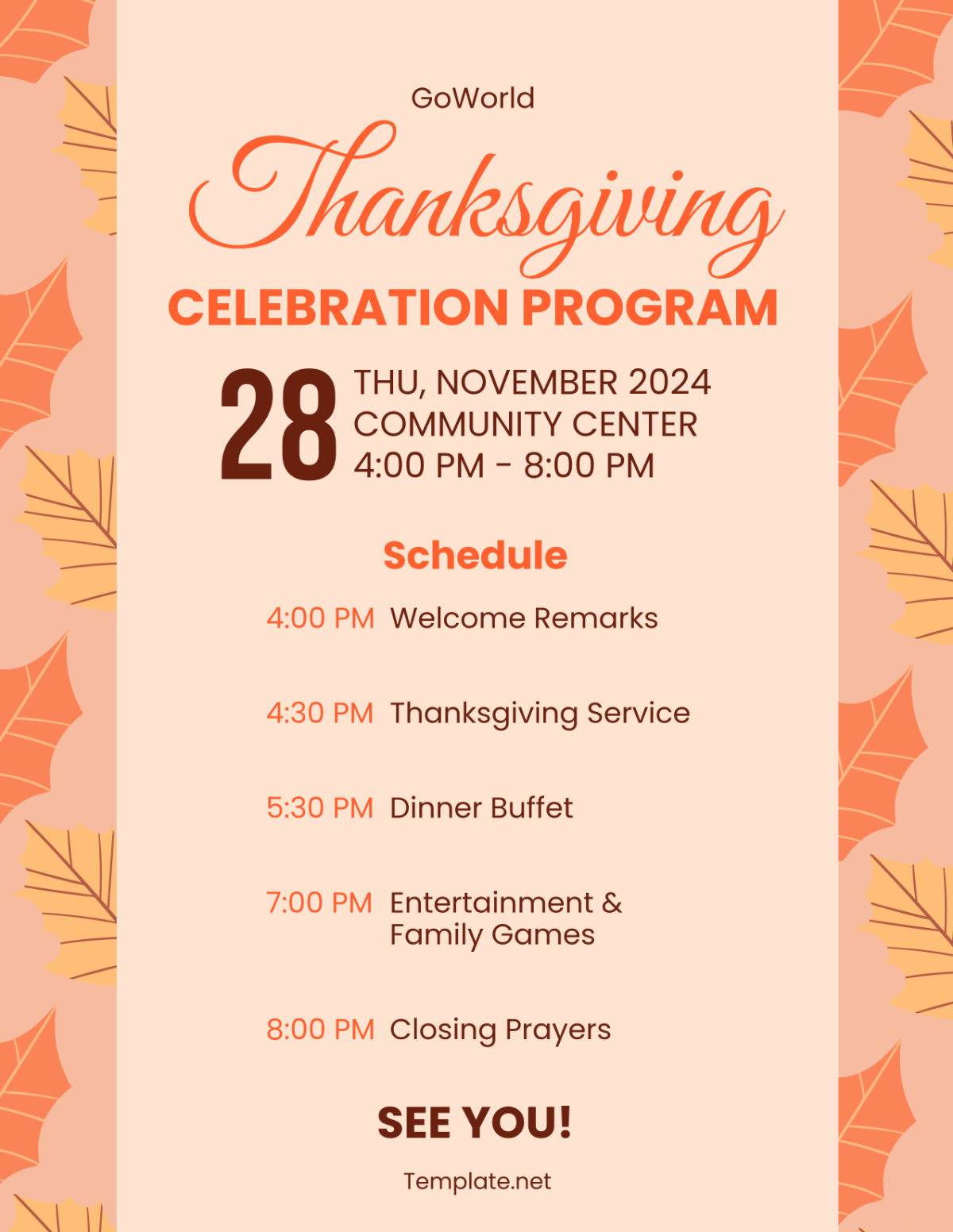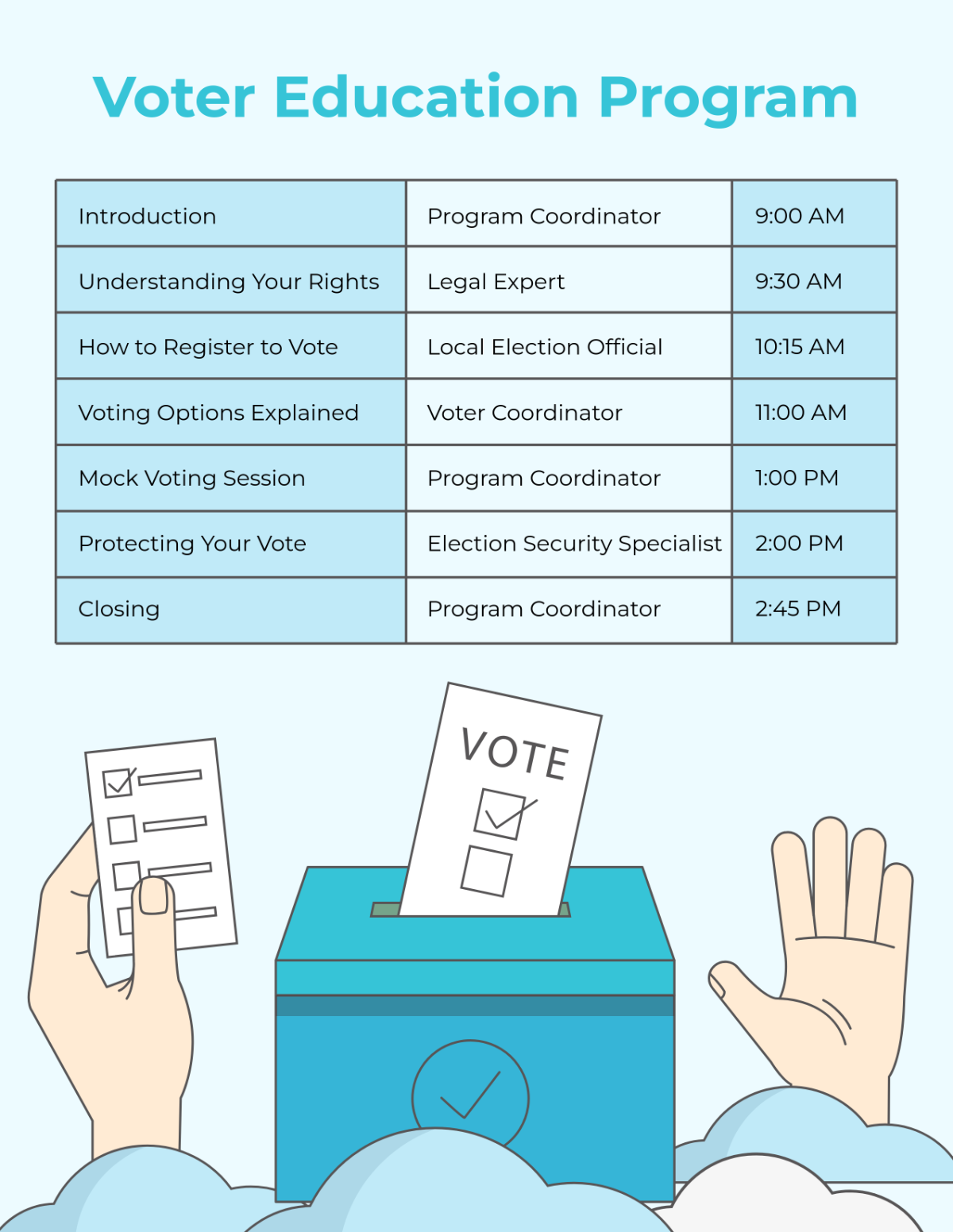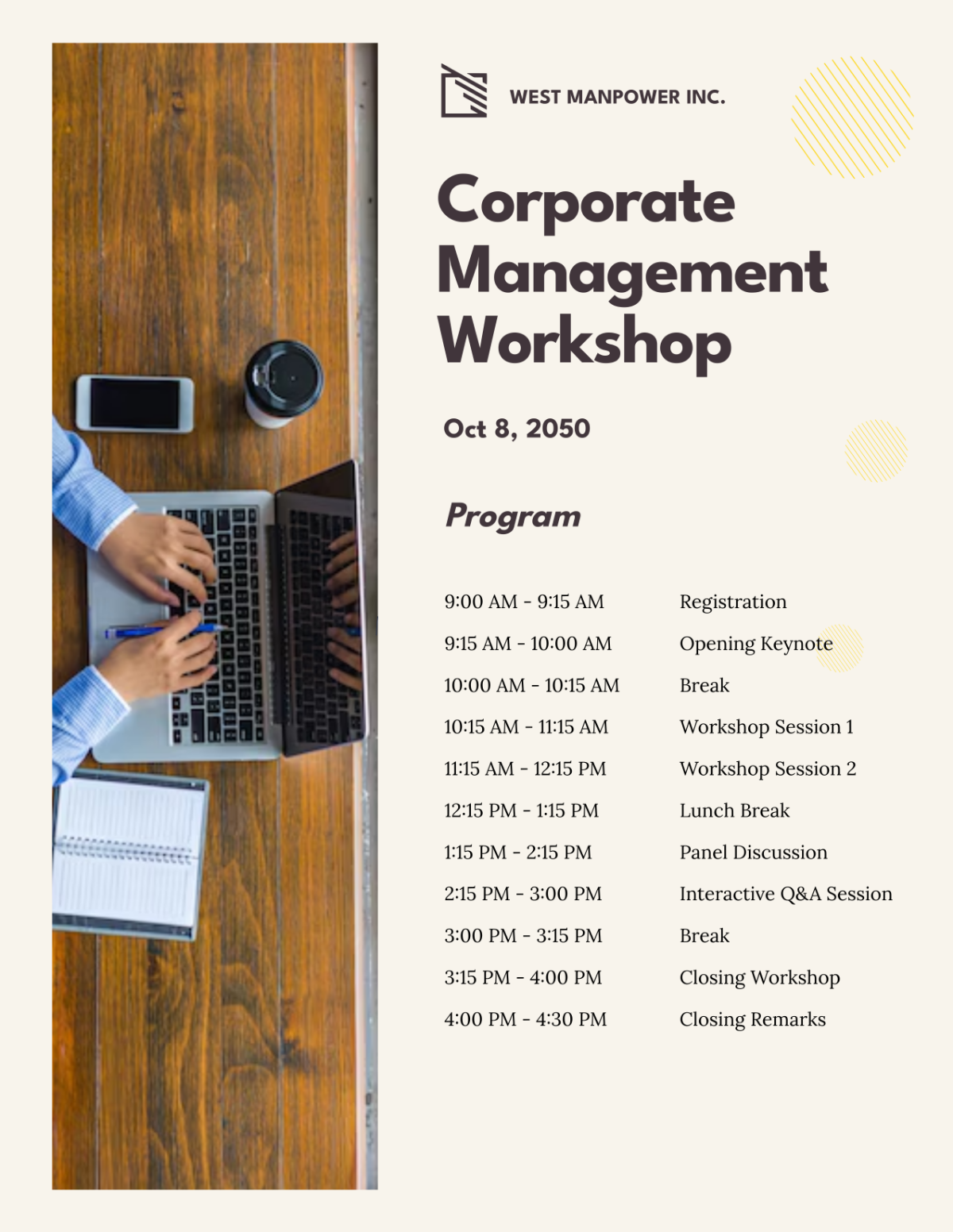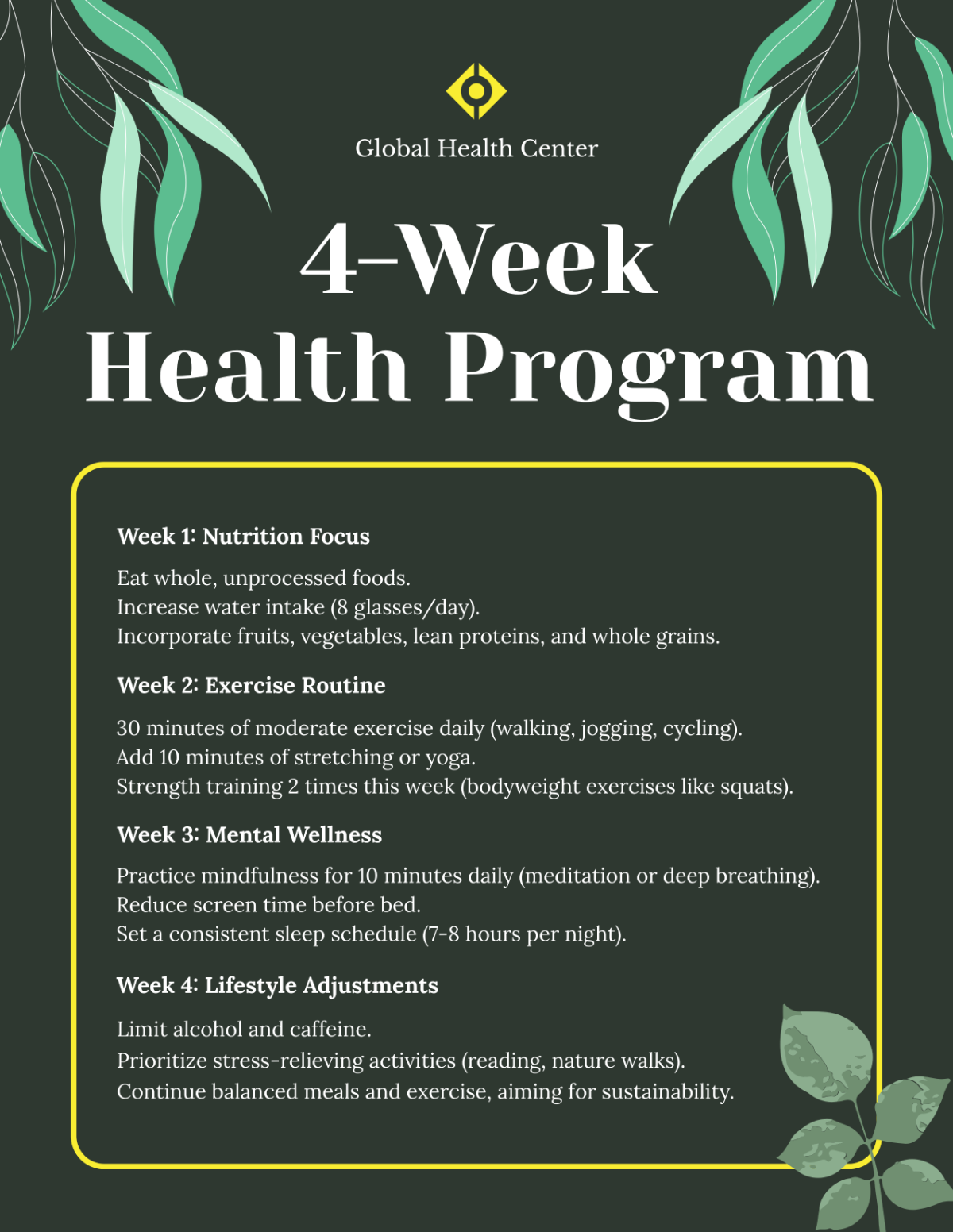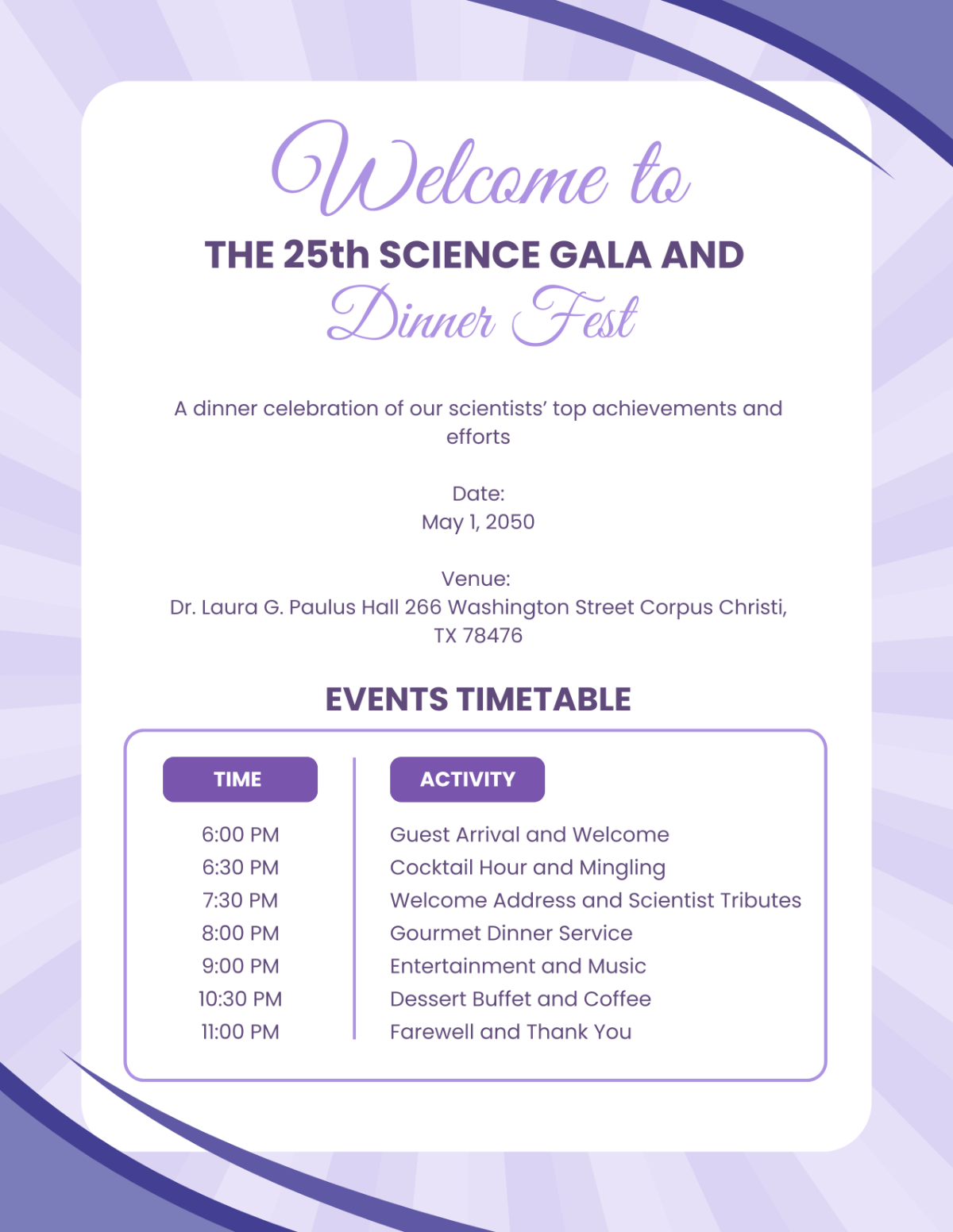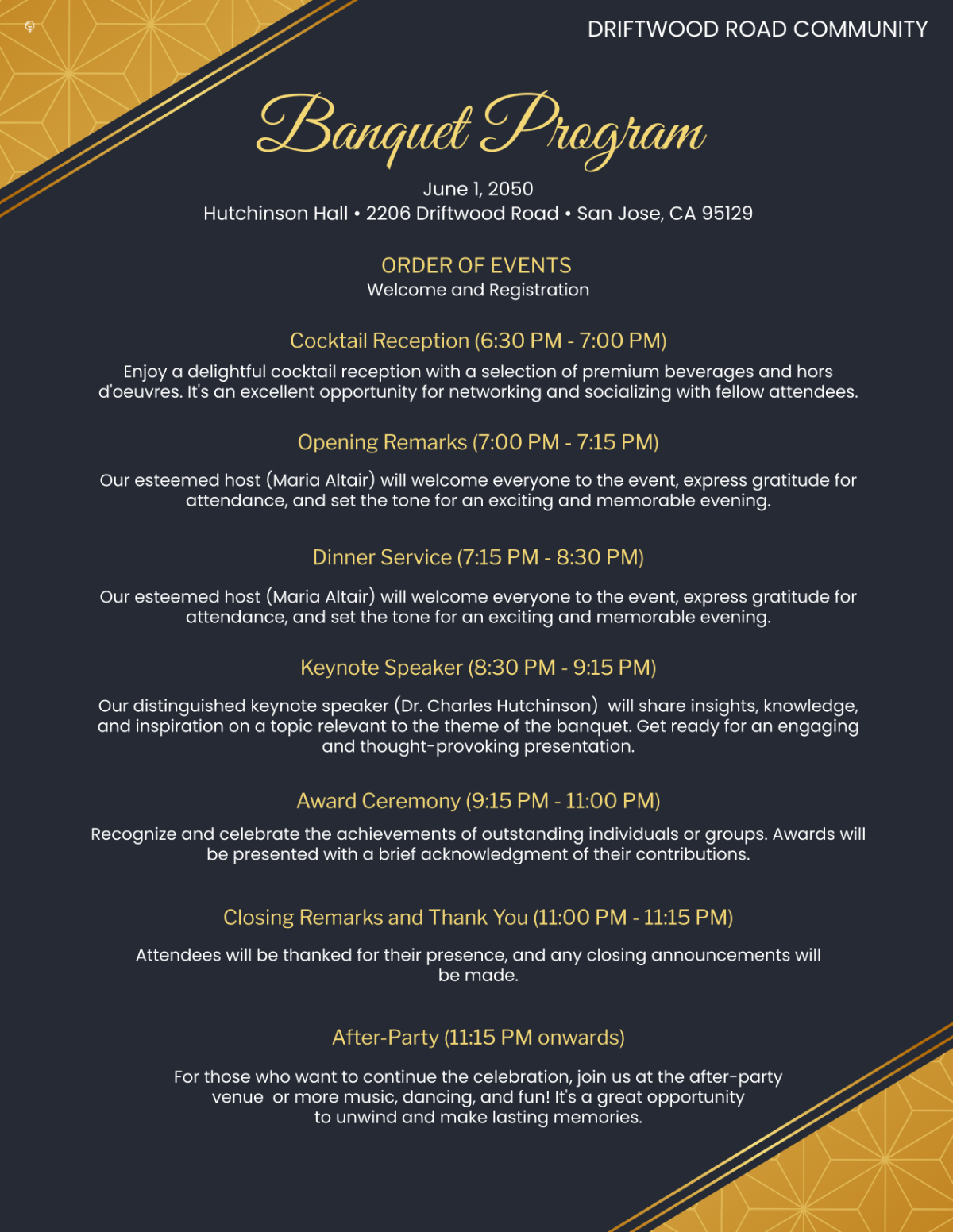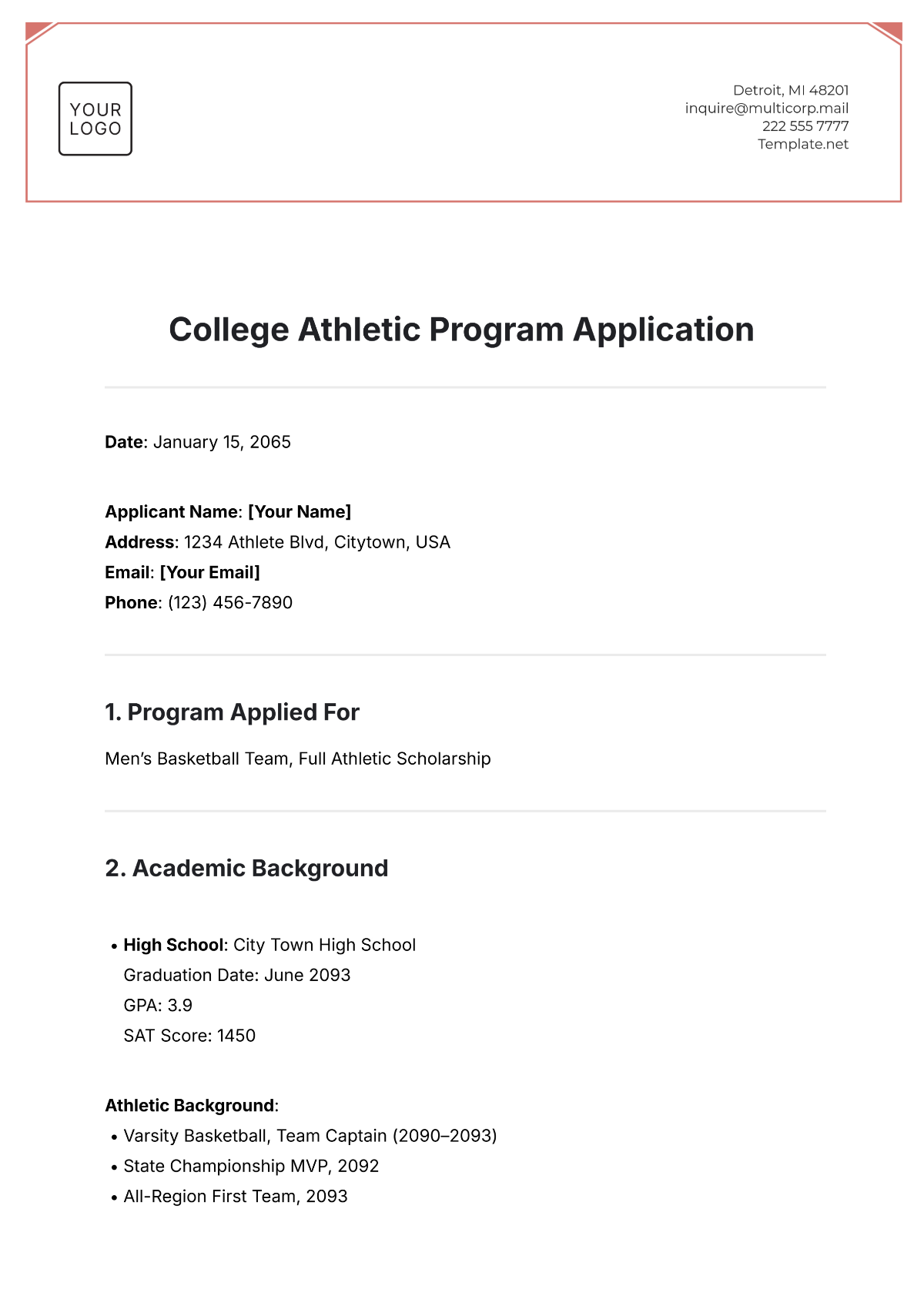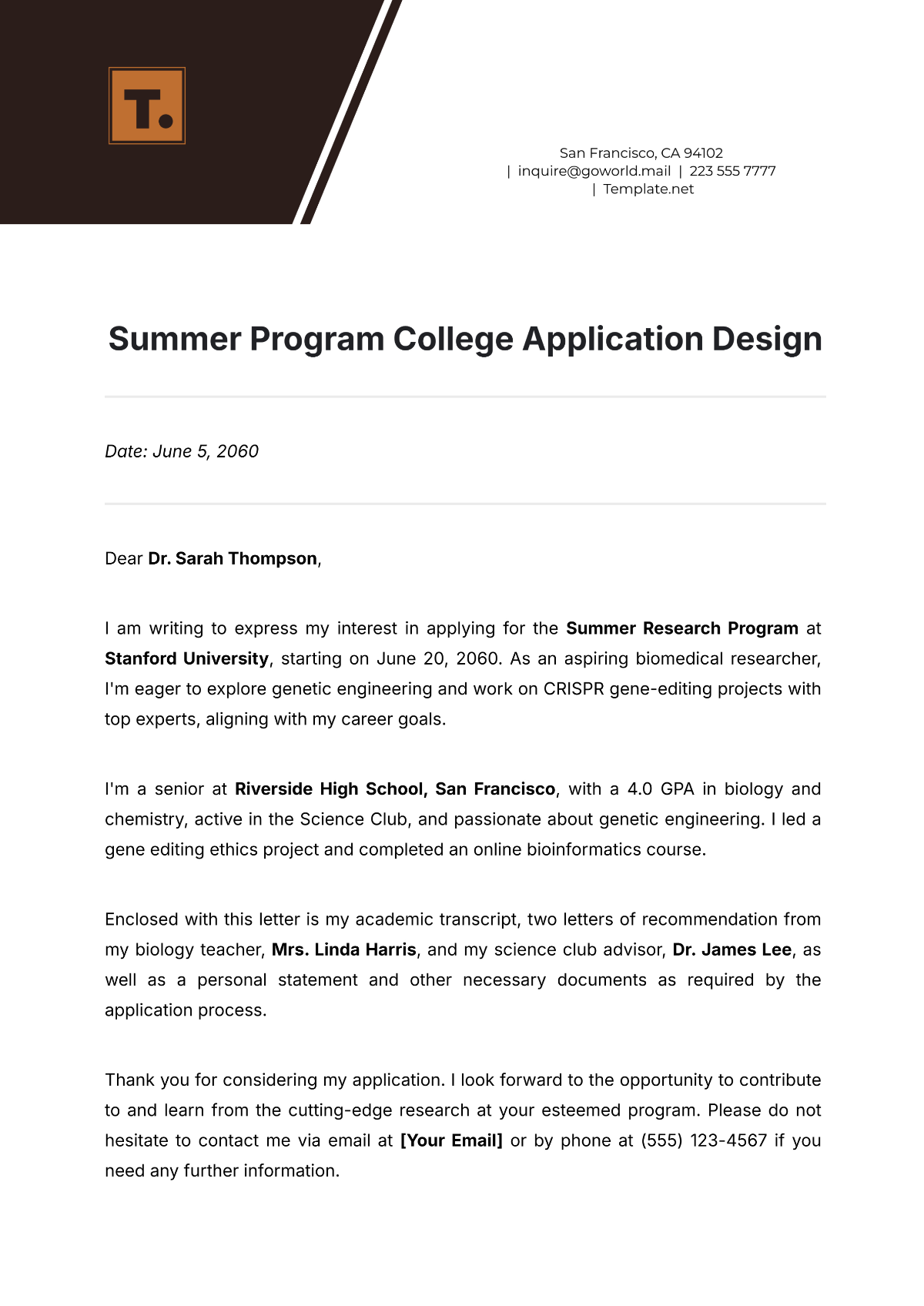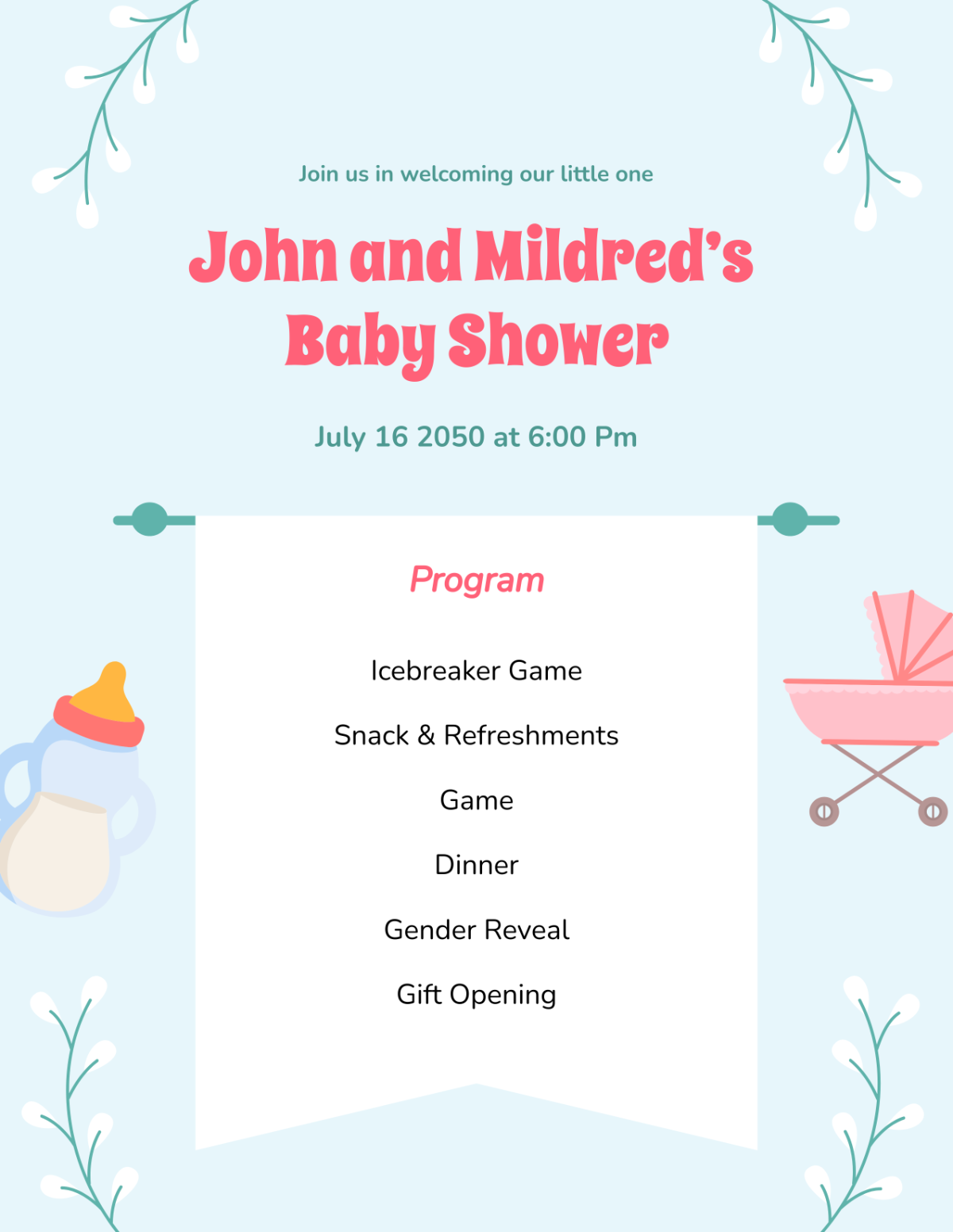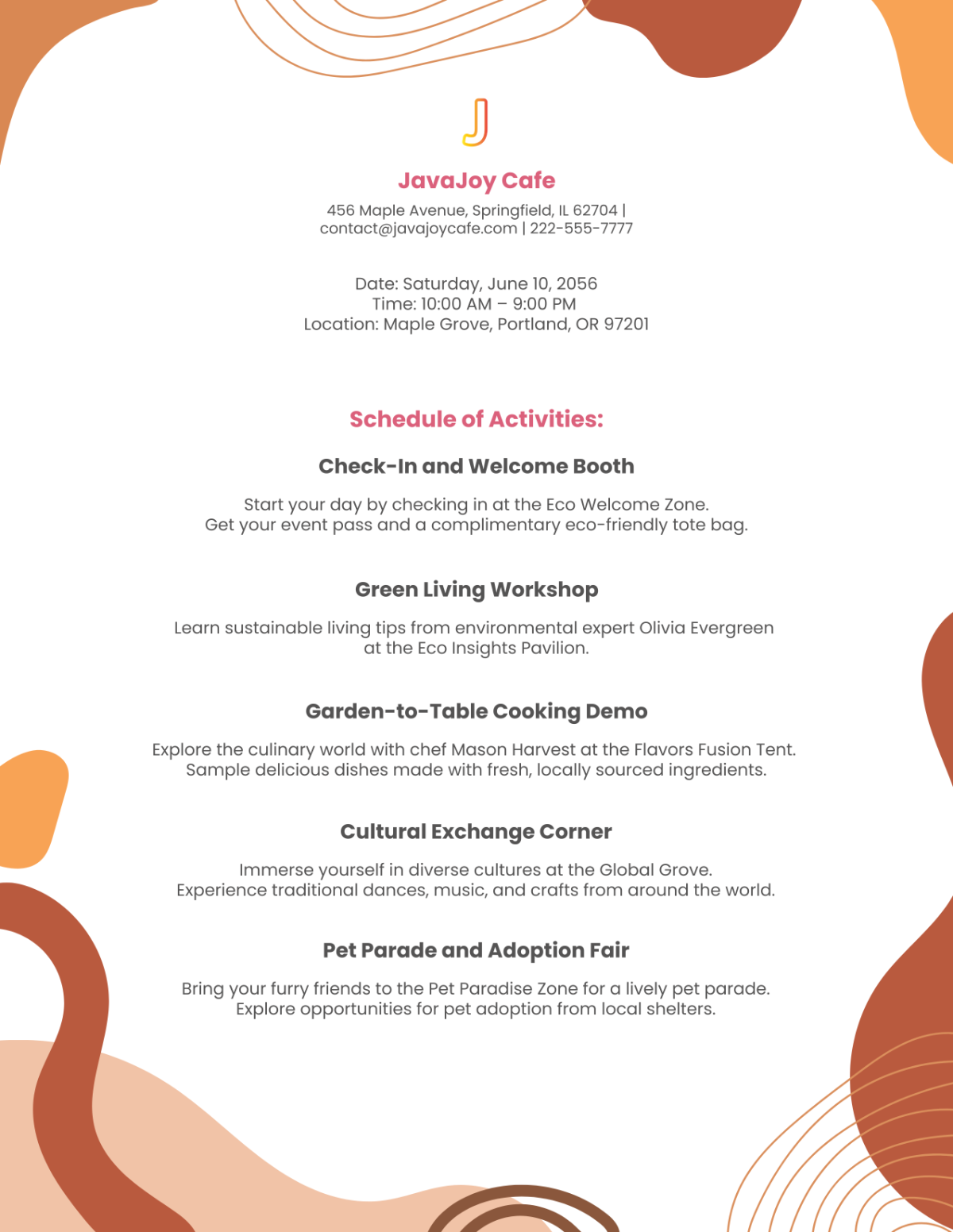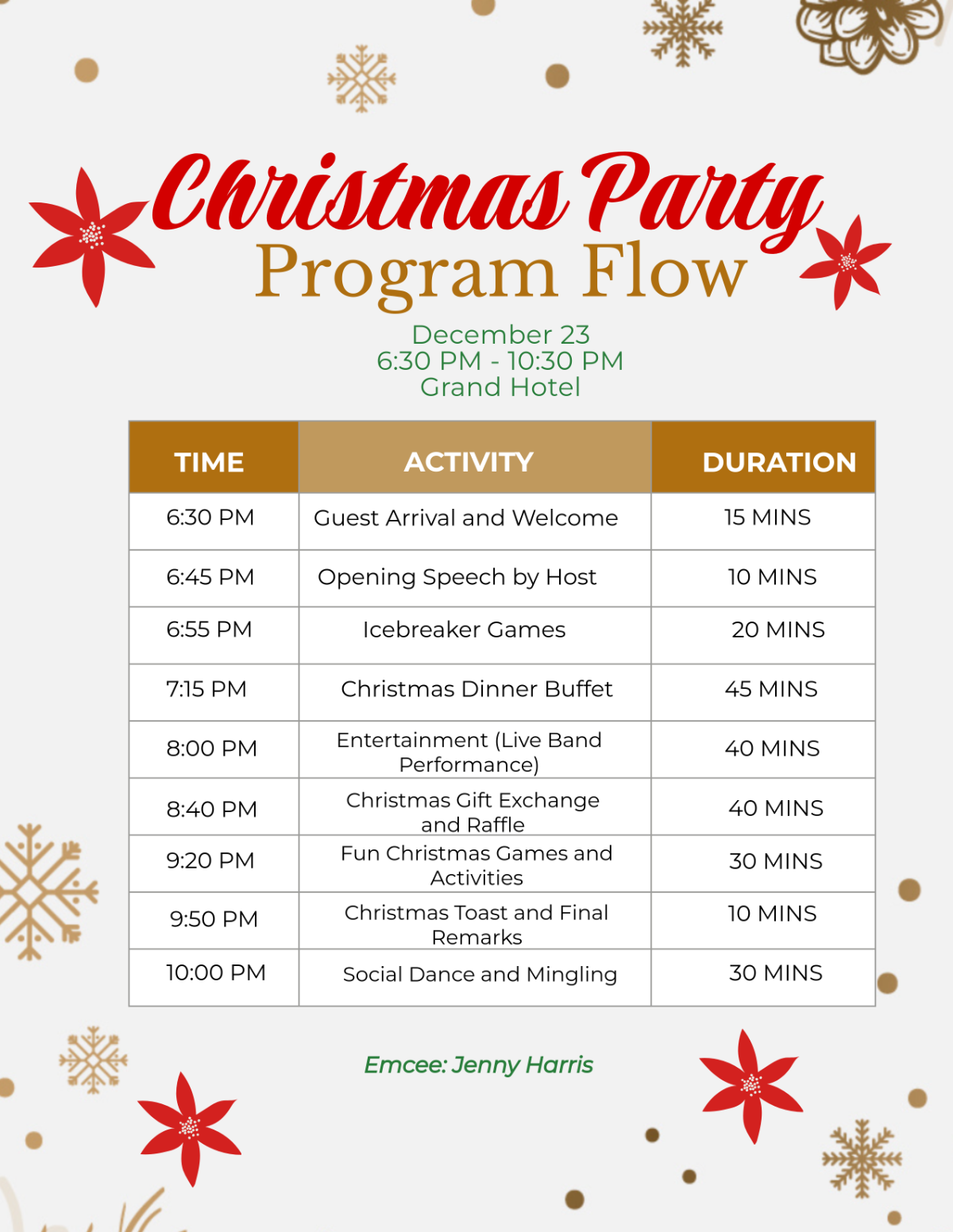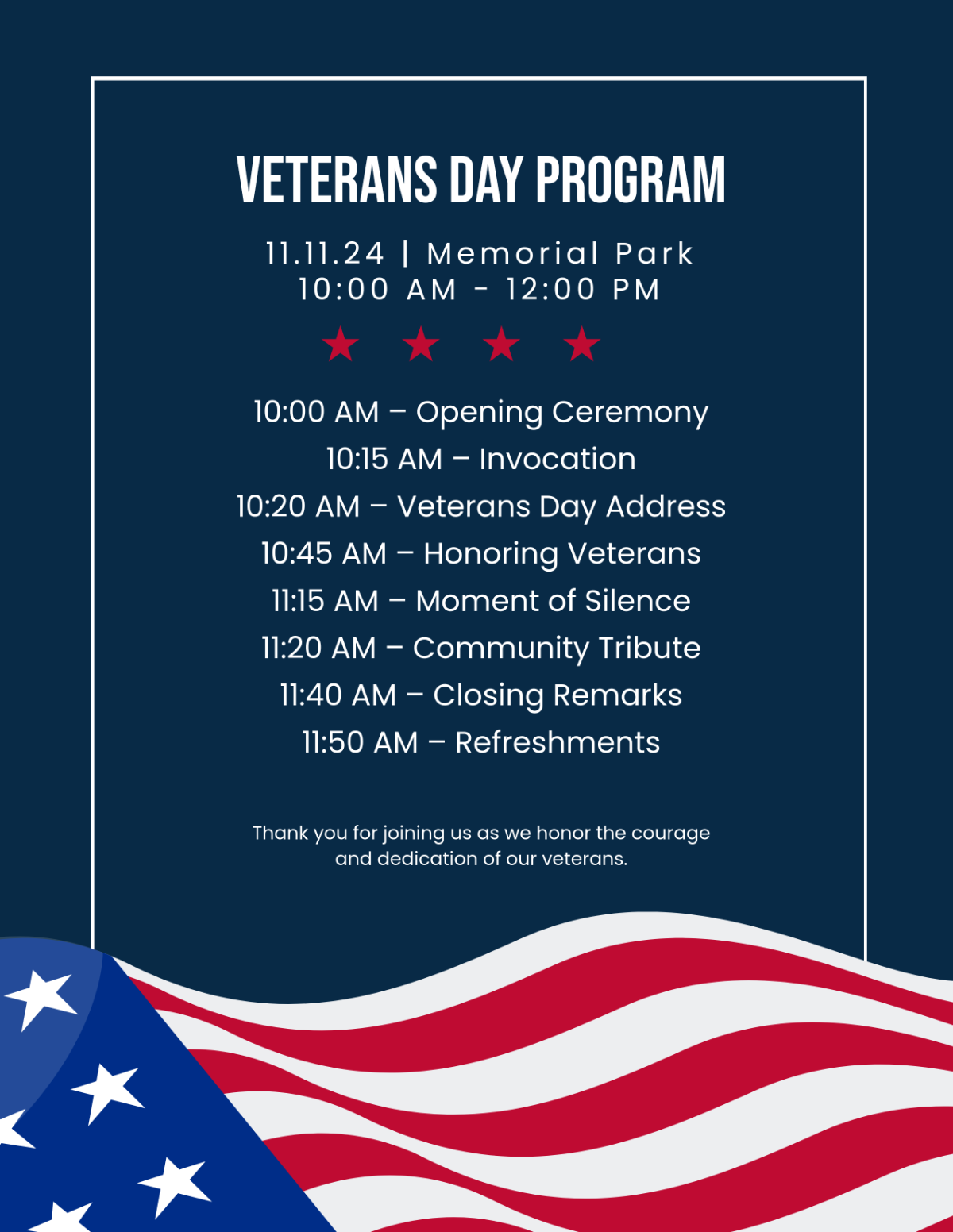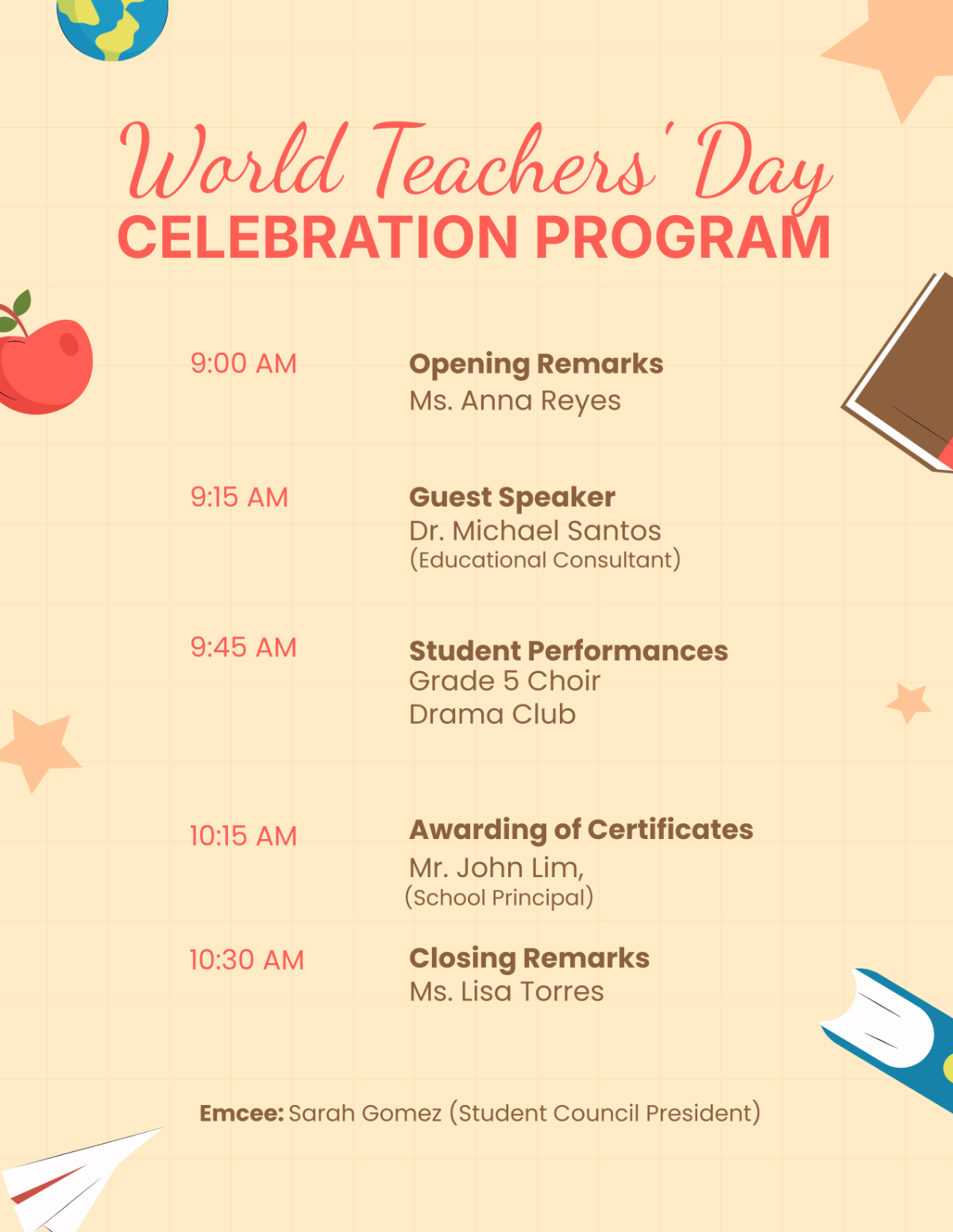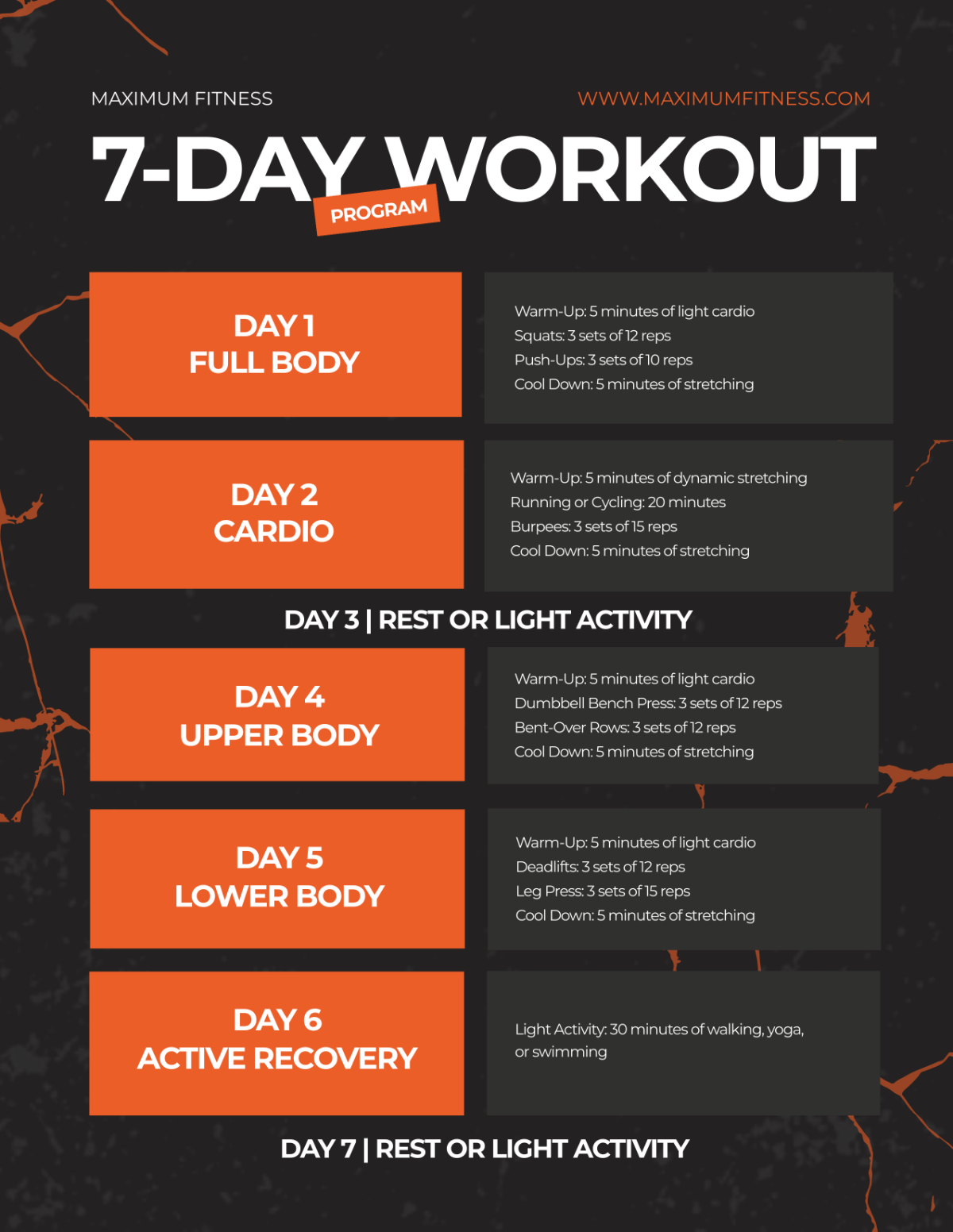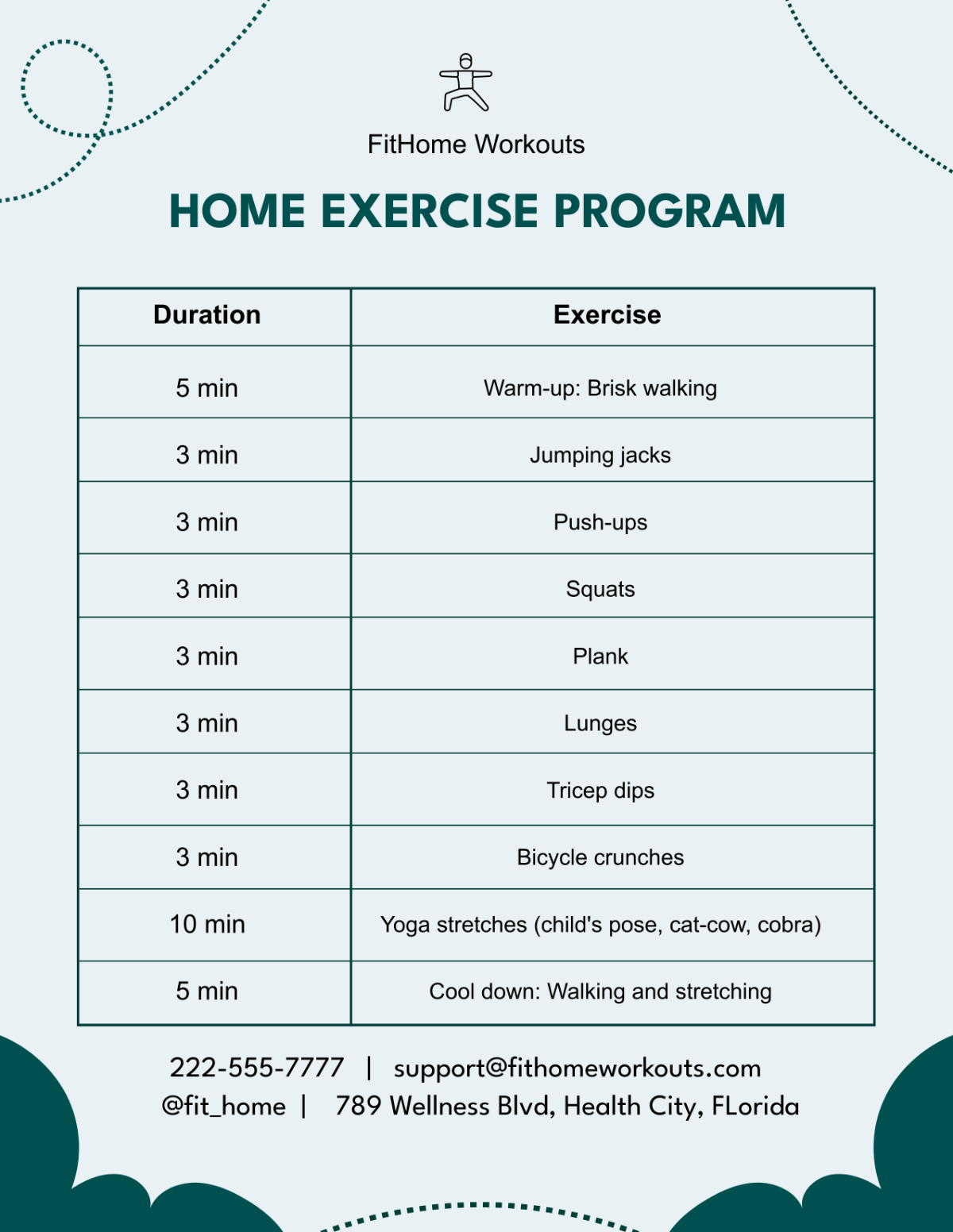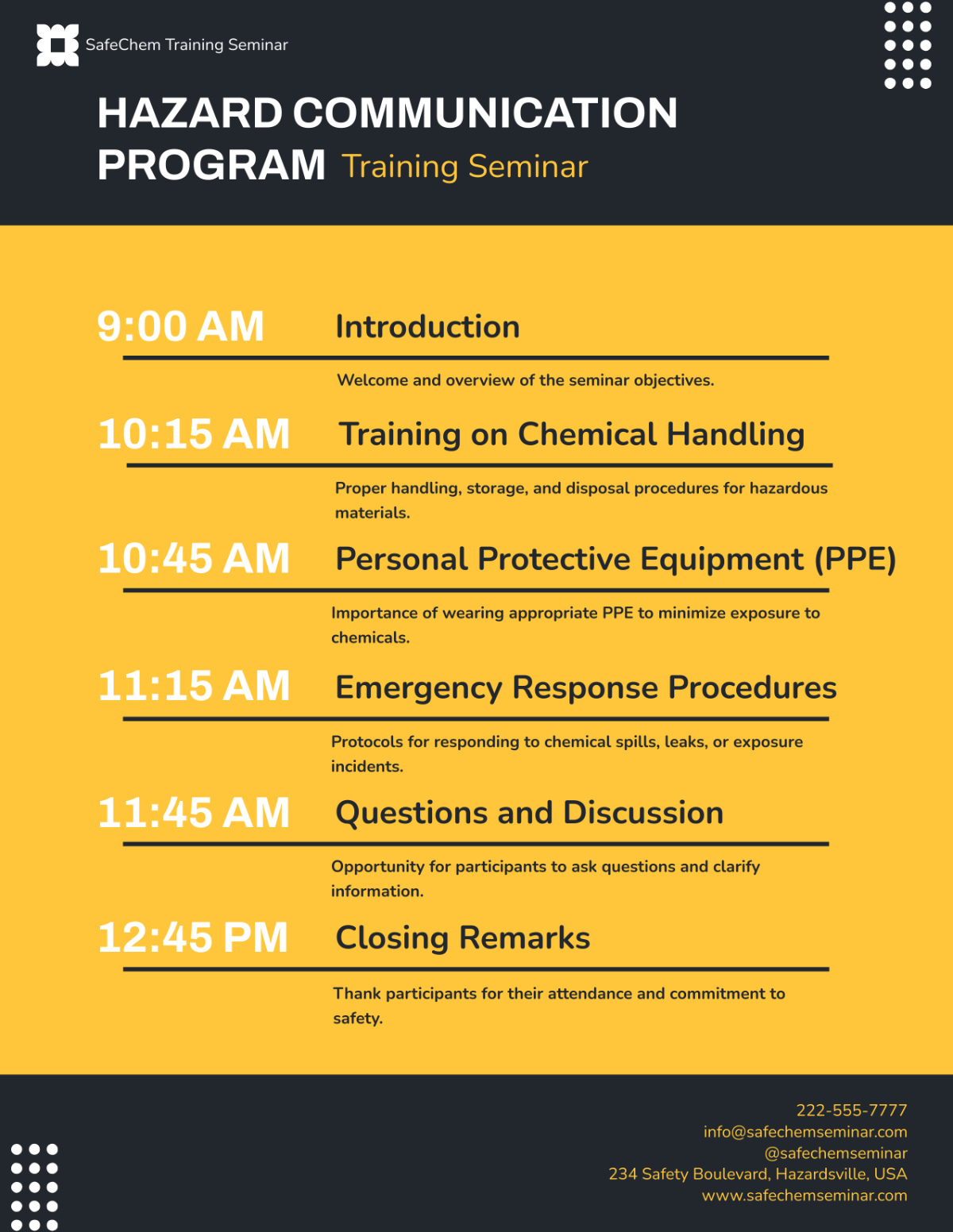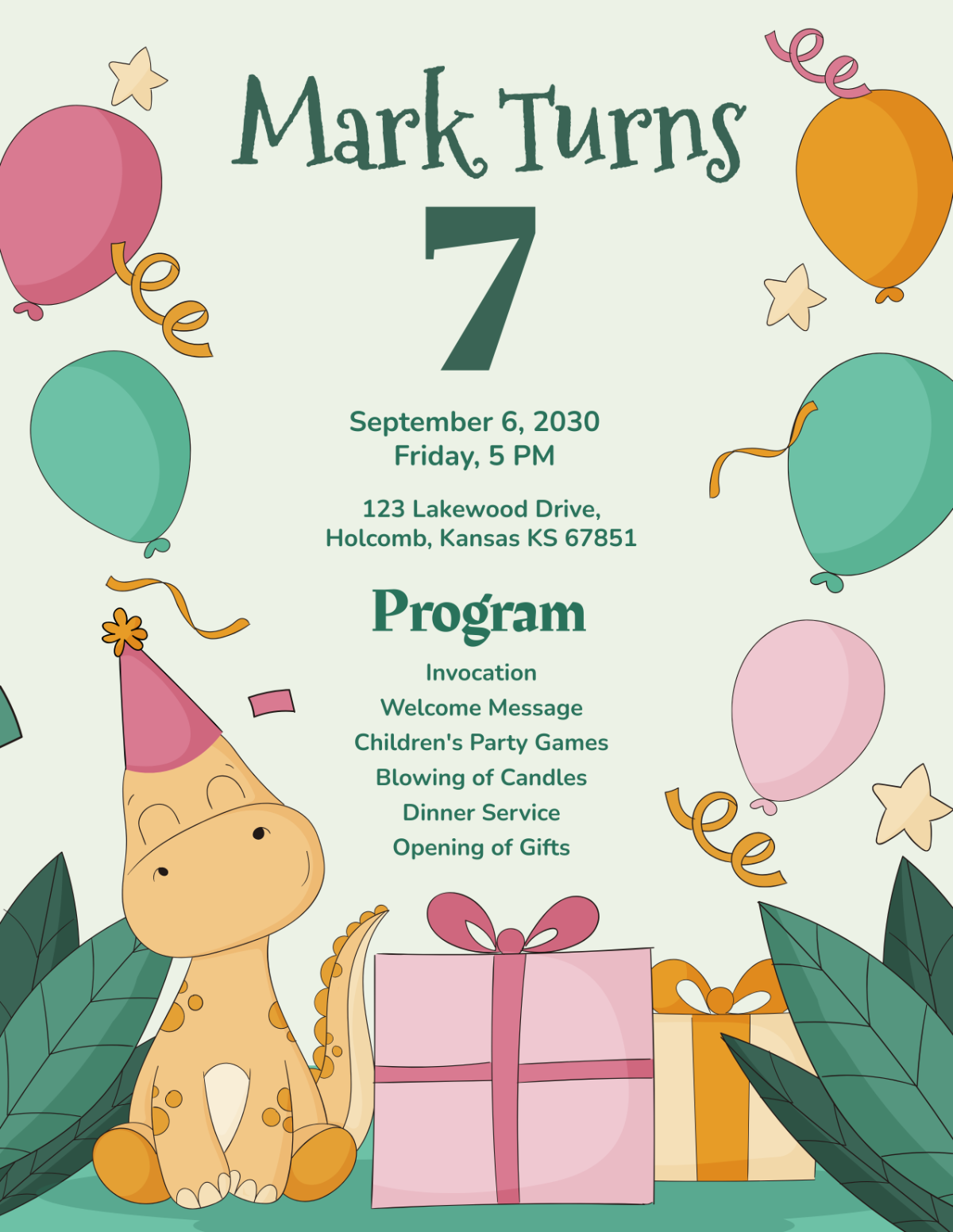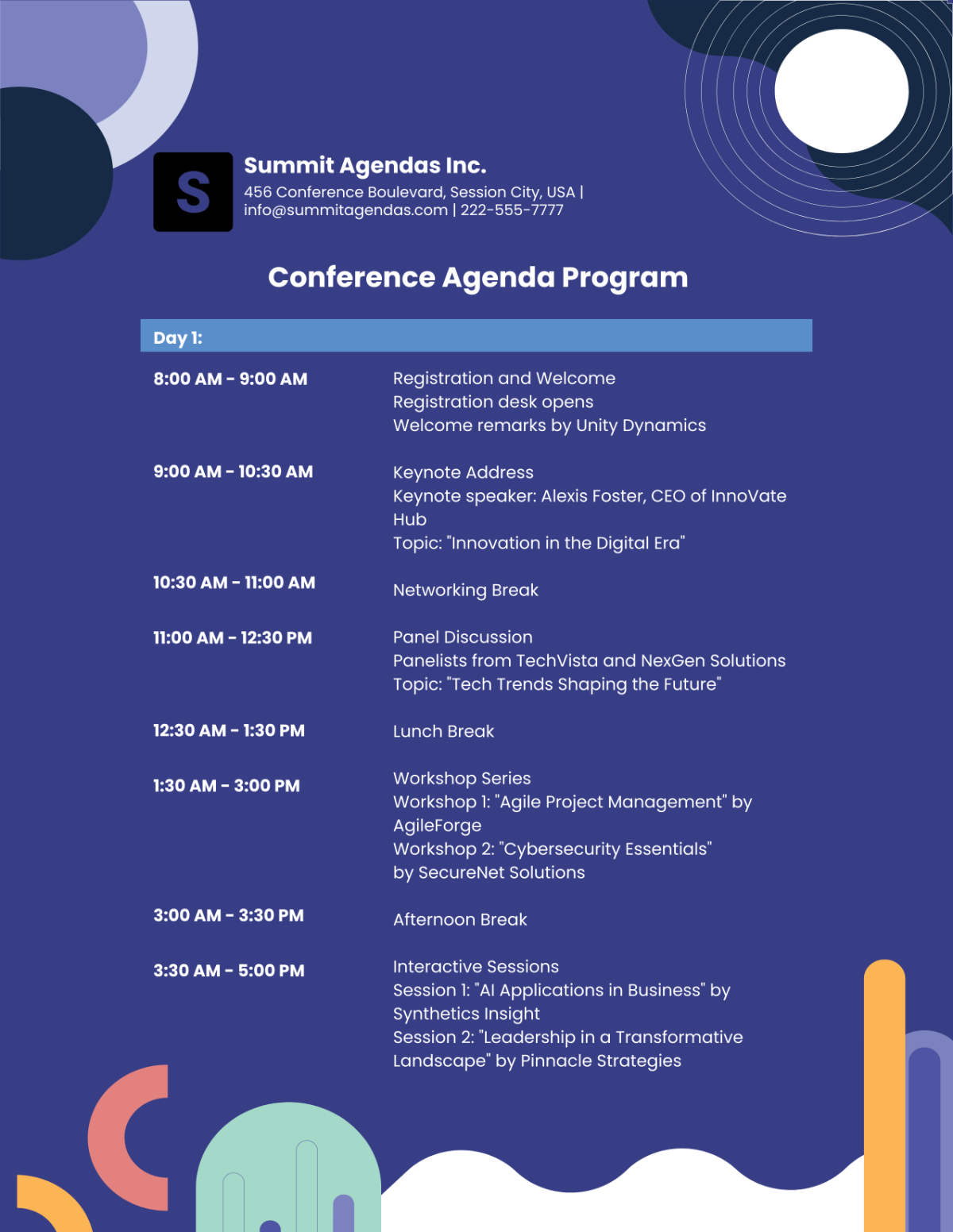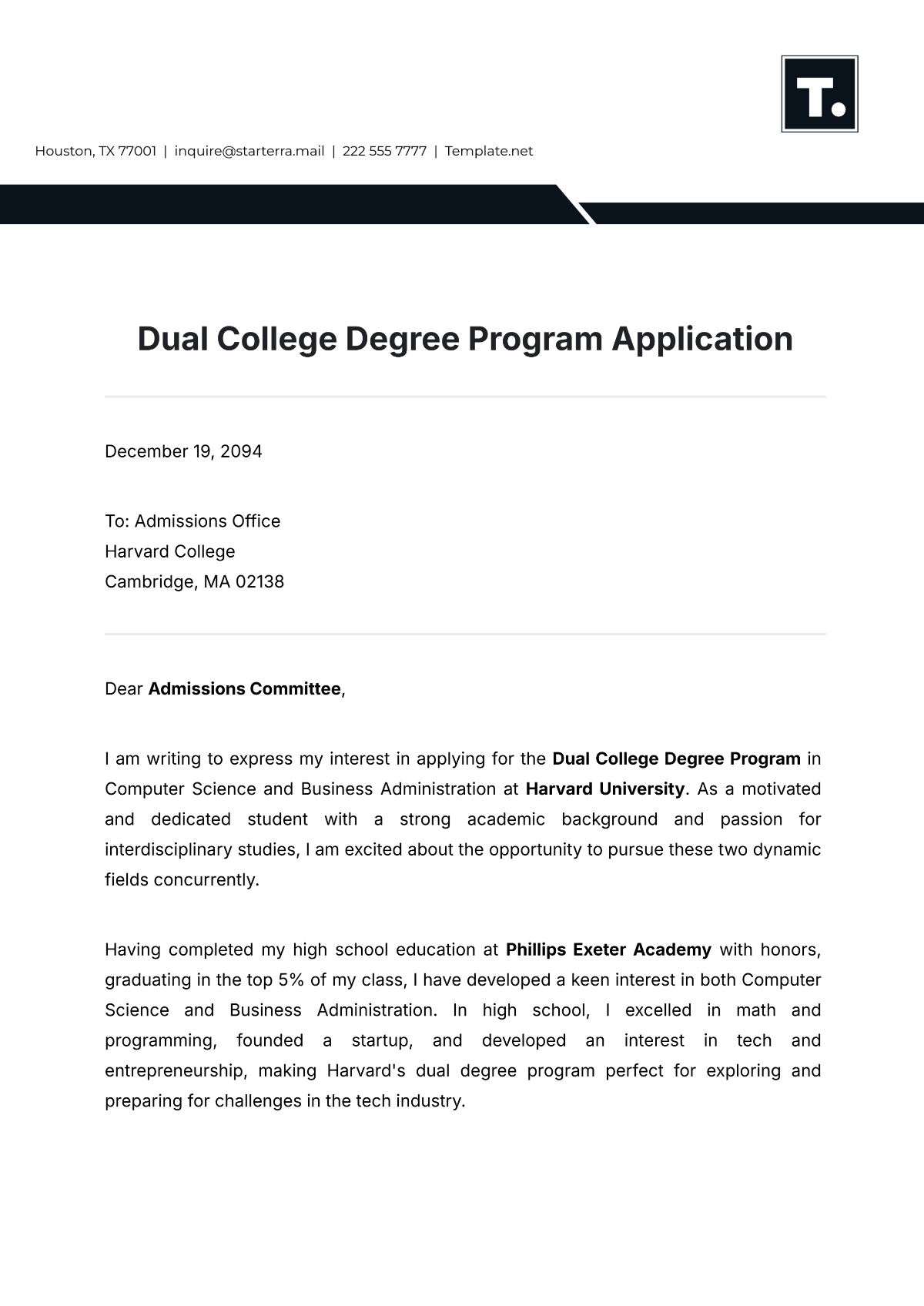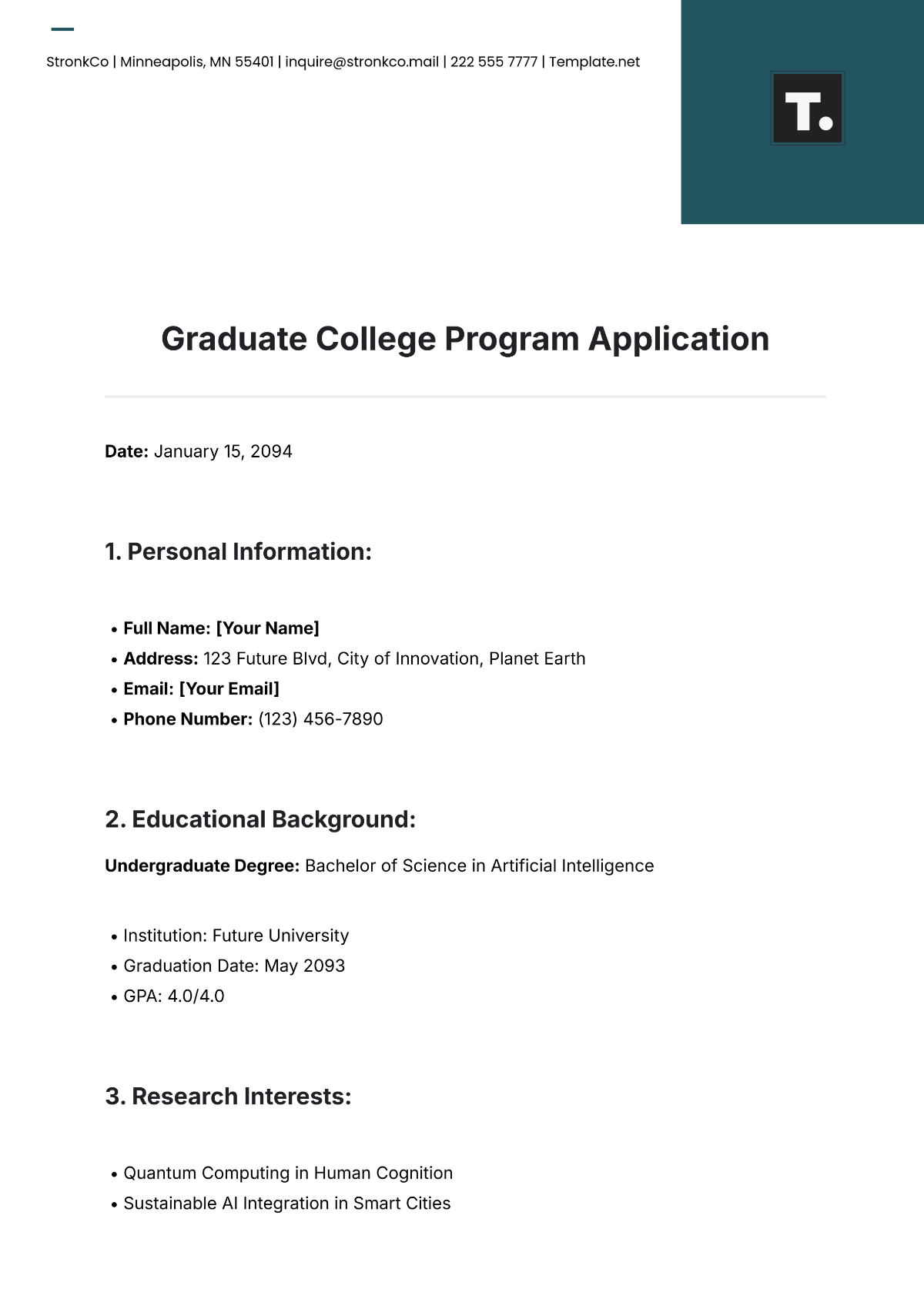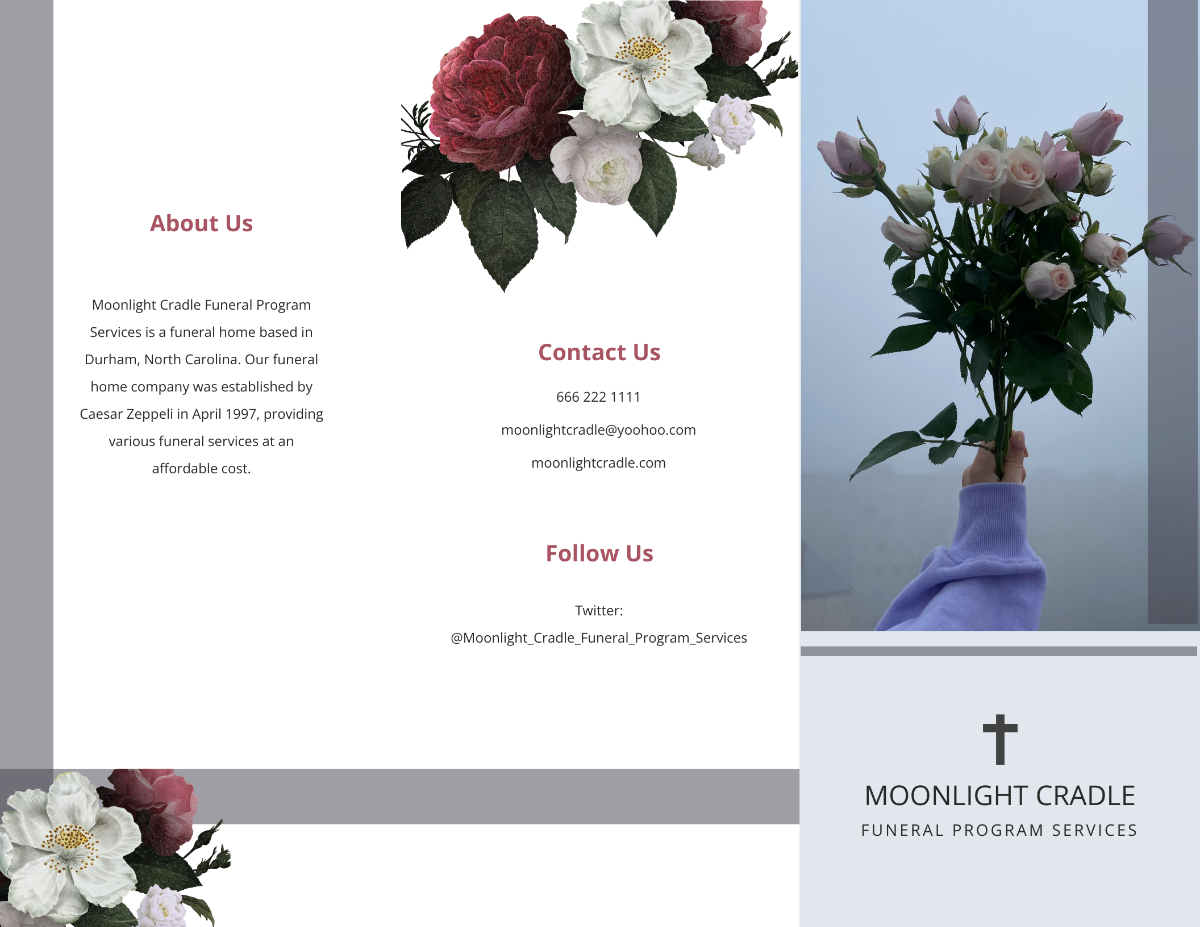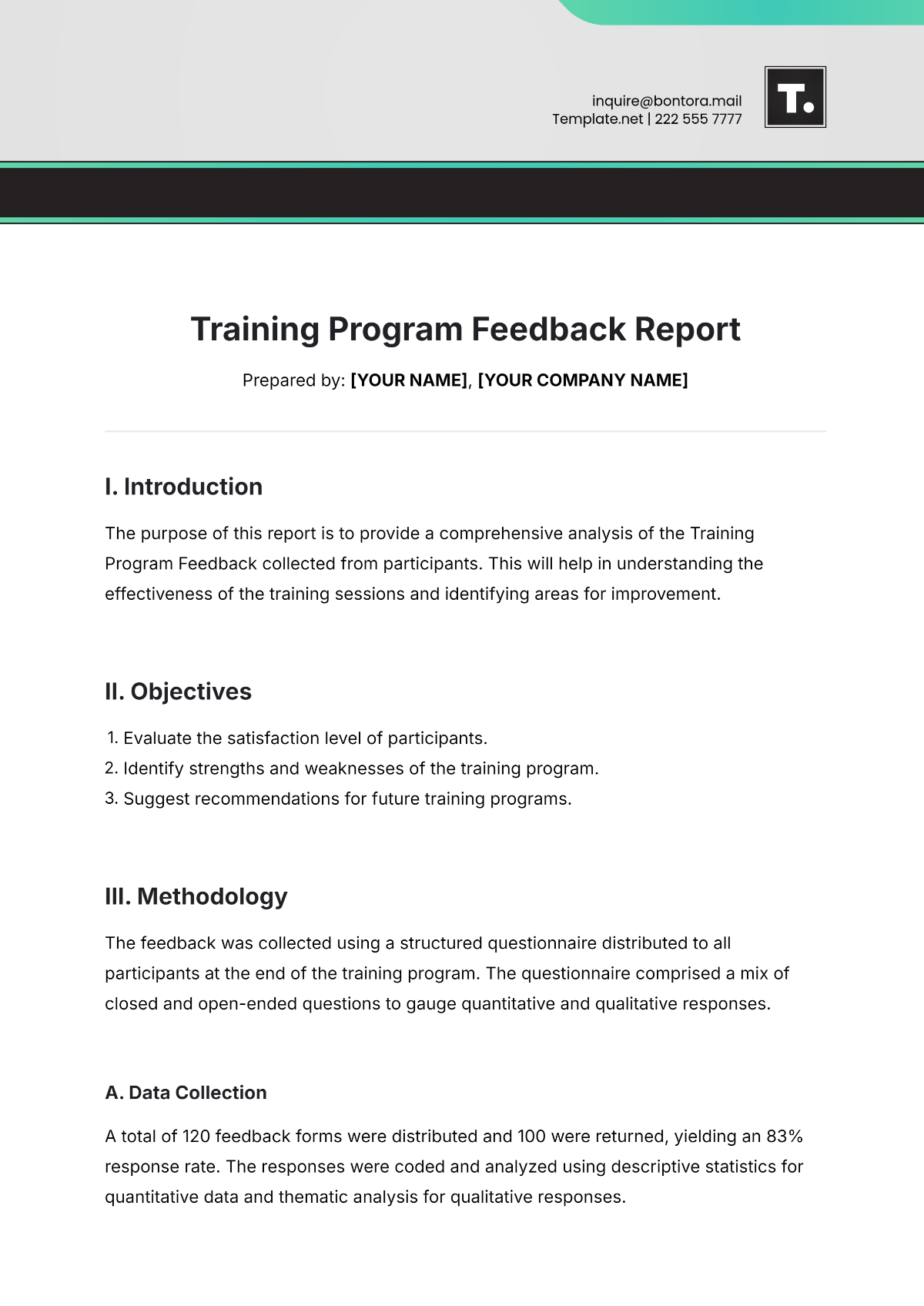Mentorship Program on Best Practices
I. Program Overview
At [Your Company Name], our mentorship program is designed to foster professional growth and development through structured guidance and support. We emphasize the importance of matching mentors and mentees based on mutual goals, expertise, and interests to ensure a productive and engaging relationship. Regular, scheduled meetings are crucial for maintaining progress and addressing any concerns, with a focus on clear, actionable objectives. Mentors are encouraged to provide constructive feedback and encourage self-reflection, helping mentees to set realistic career goals and develop essential skills. Confidentiality and trust are foundational elements, ensuring that all discussions are held in a safe and respectful environment. Evaluation of the mentorship program’s effectiveness through feedback and performance metrics is conducted regularly to refine and enhance the process. This approach guarantees that both mentors and mentees derive maximum benefit from their involvement, ultimately contributing to the overall success of our corporate firm.
II. Program Structure
Section | Details | Additional Information |
|---|---|---|
1. Matching Process | The initial matching of mentors and mentees is crucial to the success of the mentorship program. | Assessing Mutual Goals: Conduct detailed assessments through surveys or interviews to determine career aspirations, personal development goals, and desired outcomes for both mentors and mentees. Consider using a goal alignment matrix to visualize and match goals. |
2. Regular Meetings | Consistent meetings are essential for maintaining engagement and tracking progress. | Setting a Consistent Schedule: Establish a fixed schedule for meetings (e.g., bi-weekly, monthly) and communicate this clearly to both mentors and mentees. Use calendar invites and reminders to ensure adherence to the schedule. |
3. Feedback and Self-Reflection | Constructive feedback and self-reflection are vital for development and growth. | Providing Timely and Specific Feedback: Offer feedback in a timely manner, focusing on specific behaviors or outcomes rather than general comments. Use the "SBI" (Situation-Behavior-Impact) model to structure feedback clearly. |
4. Confidentiality and Trust | Ensuring confidentiality and trust is essential for a productive mentorship relationship. | Maintaining Confidentiality of All Discussions: Establish and communicate confidentiality agreements to both mentors and mentees. Ensure that all discussions are kept private and are not disclosed outside of the mentorship relationship. |
5. Evaluation and Metrics | Regular evaluation ensures the program remains effective and relevant. | Collecting Feedback from Both Mentors and Mentees: Implement feedback mechanisms such as surveys, interviews, or feedback forms to gather input from both mentors and mentees. Analyze the feedback to identify strengths and areas for improvement. |
II. Roles and Responsibilities
Role | Details | Additional Information |
|---|---|---|
1. Mentor | The mentor plays a key role in providing guidance and support to help mentees achieve their professional goals. | Providing Guidance and Support: Act as a coach and advisor, offering insights and advice based on personal experience and expertise. Help mentees navigate career challenges and make informed decisions. |
2. Mentee | The mentee’s role involves actively engaging in the mentorship process and taking responsibility for their own development. | Being Proactive in Their Development: Take initiative in setting goals, seeking feedback, and implementing advice. Be actively involved in the mentorship process and drive your own development. |
III. Program Communication
Clear communication channels are integral to the program’s success:
Regular updates through emails or internal messaging platforms
Periodic newsletters and resources
Access to program documentation and guidelines
IV. Contact Information
Name: [Your Name]
Email: [Your Email]
[Your Company Name]
Number: [Your Company Number]
Address: [Your Company Address]
Website: [Your Company Website]
Social Media: [Your Company Social Media]
V. Conclusion
By following these best practices, [Your Company Name] ensures that both mentors and mentees gain the most from their mentorship experience. This leads not only to individual growth but also to the overall success of our corporate firm.


